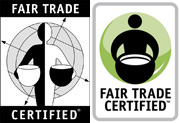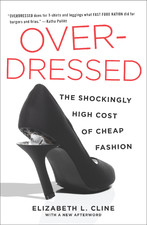BOOKS
Eleven recently published books that you might want to check out, read, and/or give to others:
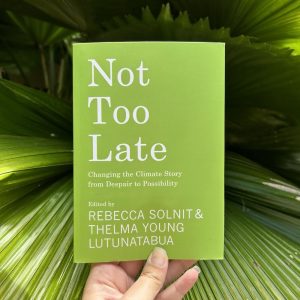 Not Too Late: Changing the Climate Story from Despair to Possibility, short essays by a bunch of great climate experts and authors, edited by Rebecca Solnit and Thelma Young Lutunatabua
Not Too Late: Changing the Climate Story from Despair to Possibility, short essays by a bunch of great climate experts and authors, edited by Rebecca Solnit and Thelma Young Lutunatabua
No Miracles Needed: How Today’s Technology Can Save Our Climate and Clean Our Air, by Mark Z. Jacobson
At Home on an Unruly Planet: Finding Refuge on a Changed Earth, by Madeline Ostrander
Our Fragile Moment: How Lessons from Earth’s Past Can Help Us Survive the Climate Crisis, by Michael Mann
The Heat Will Kill You First: Life and Death on a Scorched Planet, by Jeff Goodell
The Regenerative Materials Movement: Dispatches from Practitioners, Researchers, and Advocates, edited by the International Living Future Institute
Soil: The Story of a Black Mother’s Garden, by Camille T. Dungy
Alfie and Me: What Owls Know, What Humans Believe, by Carl Safina
Democracy Awakening: Notes on the State of America, by Heather Cox Richardson
Saving Democracy: A User’s Manual for Every American, by David Pepper
Fiction: The Lost Cause, by Cory Doctorow
Also check out the books published by New Society Publishers and Chelsea Green Publishing and Island Press, for a wide selection of titles on sustainability topics.
FILMS
Four new documentary films that you might want to watch and/or mention to others (note: some of these might not be widely distributed via theaters or streaming until 2024):
The Last of the Nightingales (32 min.; featuring Bernie and Katherine Krause; view trailer here)
Radioactive: The Women of Three Mile Island
The Need to Grow: Save the Soil, Save the World
I continue to add books and films to this list as the year goes on and I learn about new ones. Do you have favorite books or authors or films to recommend? Please mention them in the Comments.
Related posts:

 More than two dozen of The Green Spotlight’s previous posts have covered or touched on green products (and green companies). Below is a list of many of those posts, which have covered everything from gifts to clothing to home/building-related products and equipment, as well as other types of goods. Many of the products mentioned in these posts would make good and useful gifts (for holidays, birthdays, etc.).
More than two dozen of The Green Spotlight’s previous posts have covered or touched on green products (and green companies). Below is a list of many of those posts, which have covered everything from gifts to clothing to home/building-related products and equipment, as well as other types of goods. Many of the products mentioned in these posts would make good and useful gifts (for holidays, birthdays, etc.).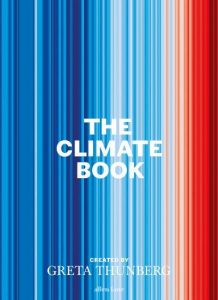
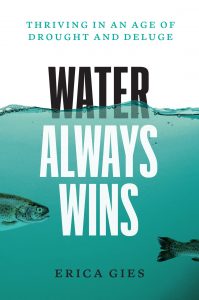

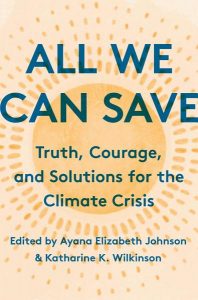


 A
A 